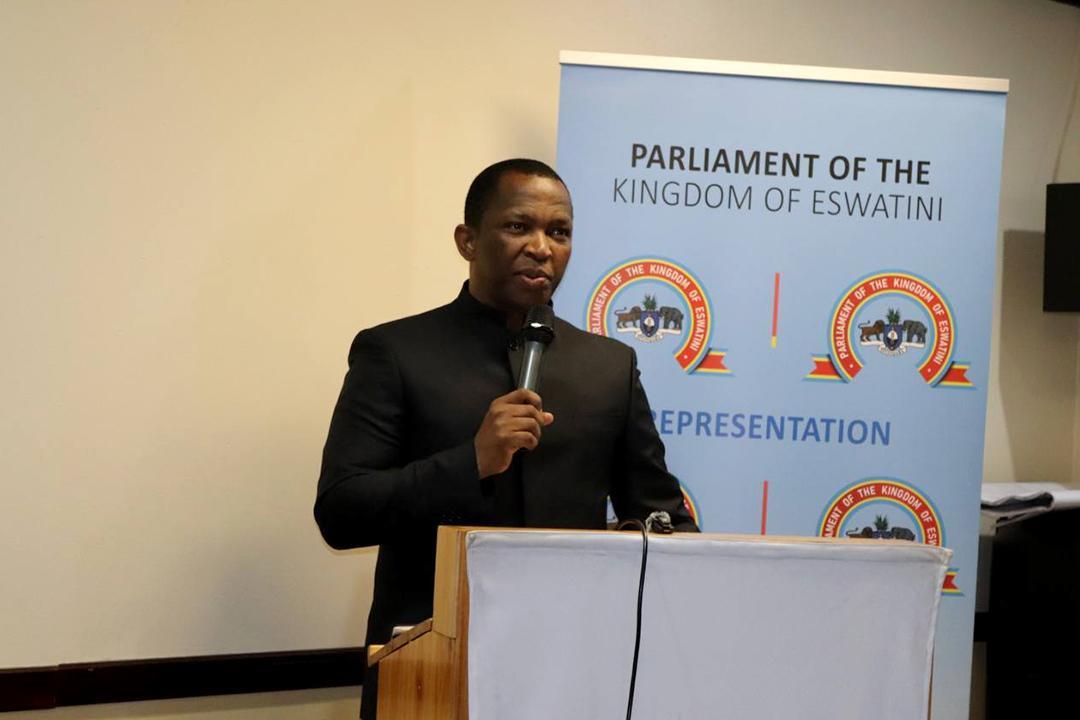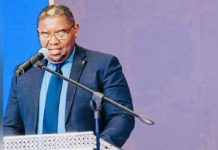Africa-Press – Eswatini. Members of Parliament (MPs) must engage their constituents on the contents of the Grand Plan for National Transformation to ensure its success and national ownership.
This was emphasized by Speaker of the House of Assembly, Jabulani Mabuza, during a special engagement between Prime Minister Russell Mmiso Dlamini and legislators at Pigg’s Peak Hotel on August 4, 2025. The session focused on unpacking the 30-year Grand Plan, which outlines Eswatini’s long-term vision for development.
Addressing the MPs in the presence of the Prime Minister, Mabuza urged his colleagues to take the Grand Plan back to their constituencies for consultation and feedback. He said this would allow the public to contribute meaningfully to the plan and help MPs fulfill their oversight role in ensuring the implementation reflects the will and needs of the people.
“It is important that MPs go back to the people who elected them and seek further guidance,” said Mabuza. “Their insights will empower us to monitor and guide implementation in a way that serves the national interest.”
The Speaker added that the Grand Plan would also serve as a catalyst for Parliament to implement its own strategic objectives, with decentralization being key among them. “Parliament must go to the people, and this plan provides an opportunity for us to make a meaningful contribution from the ground up,” he said.
The Prime Minister reaffirmed his confidence that the Grand Plan — a visionary strategy set to guide national development over the next three decades — would help Eswatini achieve First World status. He explained that the idea for the Grand Plan was first introduced during the Sibaya National Dialogue in 2023, prior to his appointment as Prime Minister.
“I didn’t know at the time that I would be tasked with driving this vision,” Dlamini said. “But since assuming office, interest in the plan has only grown, and Emaswati are eager to understand how it will shape the country’s future.”
He acknowledged that while past strategies such as the National Development Strategy and National Development Plan had laid a solid foundation — especially in areas like agriculture, education, and support for SMEs — challenges remained. These include low GDP growth, high youth unemployment, limited foreign direct investment (FDI), and fiscal constraints.
The Prime Minister said the Grand Plan aims to address these through a more ambitious and realistic framework, anchored on three pillars: social transformation, economic transformation, and government transformation. He stressed that these pillars are essential to achieving broad-based, inclusive growth for all Emaswati.
For More News And Analysis About Eswatini Follow Africa-Press







